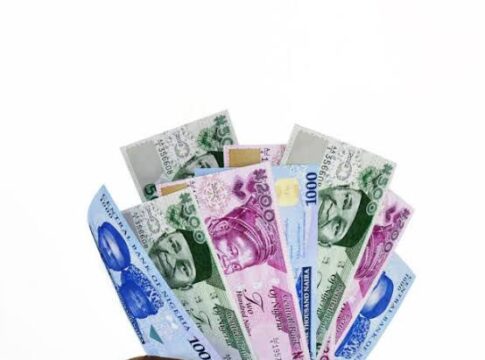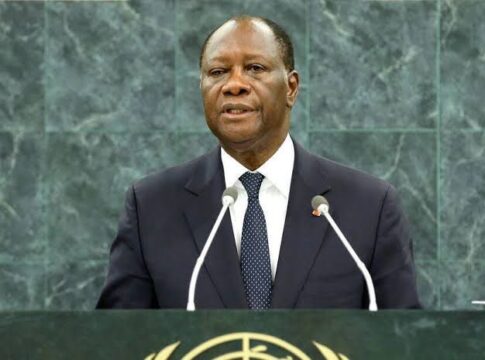Nigeria’s naira closed 2024 with a sharp 40.9% loss against the dollar in the official market, underscoring persistent challenges in the country’s foreign exchange system.
This came despite a 24.2% surge in external reserves, a development hailed by government officials as a sign of economic progress.
President Bola Ahmed Tinubu offered a hopeful outlook during his New Year message. “Economic indicators point to a positive and encouraging outlook for our nation,” he said. “Fuel prices are decreasing, trade surpluses are steady, and the naira has strengthened against the US dollar.”
READ MORE: Tragedy at Muan: 177 Dead in South Korea Plane Crash, Investigators Eye Bird Strike, Weather
Yet, figures tell a more sobering story. According to Central Bank of Nigeria (CBN) data, the naira fell from N997 per dollar on December 31, 2023, to N1,535 by the end of 2024. This represents a significant drop of N628 in one year. Similarly, the parallel market saw the naira depreciate by 29.7%, trading at N1,656 per dollar by the year’s end.
Foreign Reserves Hit a 24.2% Increase
Despite the currency’s woes, external reserves grew significantly, rising from $32.91 billion in December 2023 to $40.88 billion a year later. The CBN attributed this growth to increased capital inflows, especially from portfolio investments, which surged by 403.57% to $1.41 billion in October 2024 alone.
CBN Governor Olayemi Cardoso highlighted reforms aimed at stabilizing the currency. “Over the past year, we unified Nigeria’s exchange rate system, eliminating distortions and restoring transparency,” he said. The reforms cleared $10 billion in outstanding obligations, providing businesses the confidence to plan long-term investments.
Experts Highlight Root Causes
Economists argue that the naira’s struggles are driven by high demand for dollars to cover imports, school fees, and medical expenses, compounded by speculative trading. “The pressure on the naira is a reflection of the mismatch between demand and supply in the FX market,” said financial analyst Ifeanyi Ubah.
The FSDH macroeconomic report noted a $8.9 billion trade surplus in the first half of 2024, a 45.2% increase from the previous period. However, persistent FX market volatility overshadowed these gains.
A Hopeful Path Ahead?
In an effort to stabilize the market, the CBN plans to introduce an electronic FX matching system in 2025. This technology, proven effective in other markets, aims to improve price discovery and transparency. “The system will address inefficiencies and reduce speculative demand,” Cardoso explained.
However, analysts warn that without addressing the underlying economic imbalance, the naira’s challenges may persist. As Nigeria navigates 2025, its currency remains a focal point in its journey toward economic stability.




